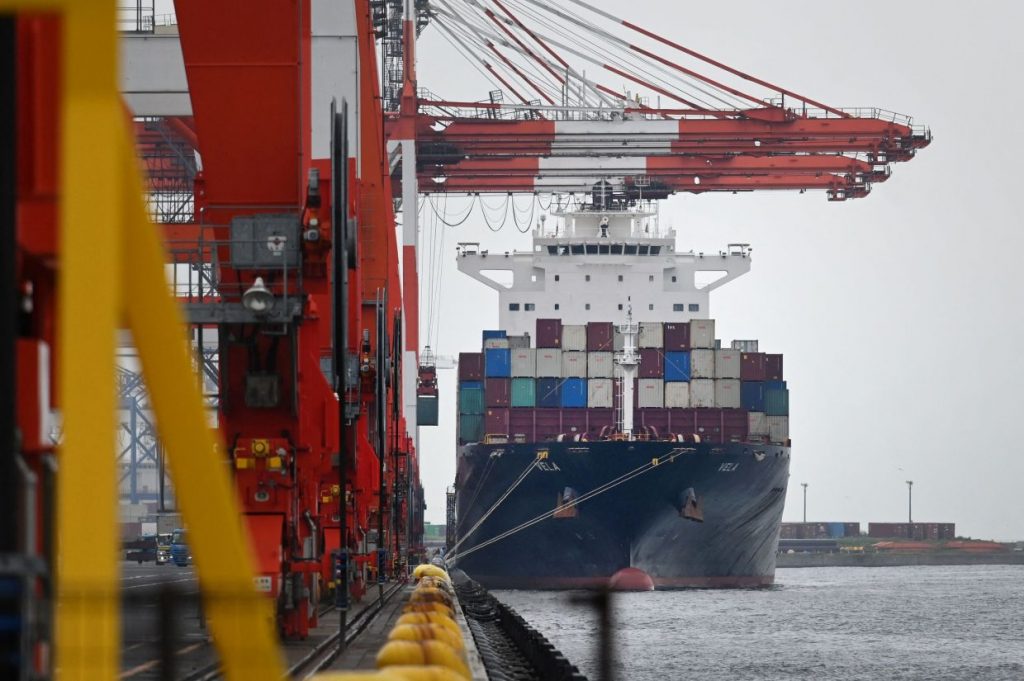On January 17, the demonstration tests of the world’s first fully automated ship navigation system were successfully conducted in Japan deployed on a large car ferry, according to a press release. The demonstration was conducted in Southern Japan on a 15,500 gross ton Ropax Ferry. This demonstration is the part of those initial tests conducted as part of a project to maintain fully autonomous navigation system concepts, being led by The Nippon Foundation.
This large ferry has navigated over a 149 mile stretch of Japan’s Iyonda Sea at the speed of 26 knots autonomously. Then it also performed the procedures at the anchor at the end of its voyage.
This demonstration has made use of technology developed by Mitsubishi Shipbuilding, a subsidiary of Nippon Foundation, and was used on Shin Nihonkai Ferry. Somany’s 728 feet long vehicle carrying that ferry, the Soleil. The Nippon Foundation launched the MEGURI 2040 project in February 2020. It has plans to demonstrate the autonomous navigation systems for the next three months.
Mitsuyuki Unno, Executive Director of the Nippon Foundation said, “I hope this will lead to further development toward practical use. There are still many issues to be resolved, however, and I believe today’s results will be a guide toward the creation of international rules for fully autonomous vessels”
The evolution of fully autonomous ship navigation systems is accelerated by such demonstration tests. These fully autonomous navigation systems employ technicalities including artificial Intelligence according to Naoki Ueda, Executive Vice President of Mitsubishi Shipbuilding.
The ship,” the Soleil” made the 7 hour trip as its Super Bridge-X autonomous navigation system assembled data on the route, since it first entered service on July 1 last year. It was mentioned by Masami Sasaki, Executive director of Shin Nihonkai Ferry that it was an honor for them to involve themselves in the evolution of an autonomous ship navigation system. He further added, “As a passenger ferry company, we have high expectations for the social application and widespread use of fully autonomous operation as one of the solutions to issues including human error and crew labor savings.”
The fixture for making ships more self-sufficient is not as fierce as autonomous cars but the luxury carmaker Rolls Royce has been working with Intel to evolve a full fleet of autonomous cargo vessels that do not involve humans on board by 2025. IBM tried to cross the Atlantic ocean using its Autonomous ship, the Mayflower in 2019, but failed because of some mechanical issue.

